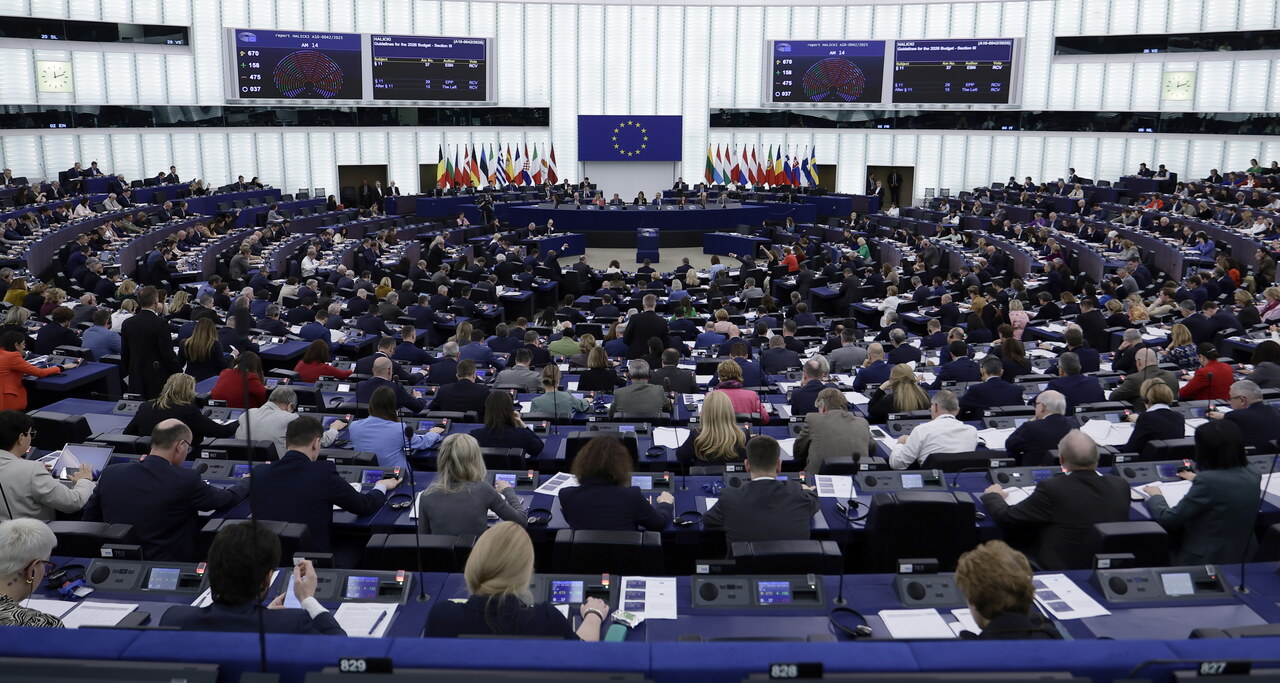Heated debate in the EP on Hungary: ‘Authoritarian police state’

On 2 April 2025, the European Parliament held a contentious debate in Strasbourg on Hungary’s recent legislative developments, including the ban on the Budapest Pride march and broader concerns over the rule of law. The debate highlighted deep divisions between Hungary’s government and EU institutions.
Key issues raised
The discussion was prompted by Hungary’s new law prohibiting Pride marches, justified by the government under its controversial 2021 “child protection” legislation. According to Index, critics argue this law violates fundamental EU values, such as freedom of assembly and expression. Additionally, a proposed Hungarian law that could strip MEPs of their mandates for incomplete asset declarations added fuel to the debate.
Adam Szlapka, representing Poland’s EU Council presidency, emphasised that the rule of law and fundamental rights are core European values. He announced that Hungary’s rule-of-law situation would be reviewed twice during Poland’s presidency, including under Article 7 procedures.
Michael McGrath, the European Commissioner for Democracy and Rule of Law, criticised Hungary’s use of the “child protection” law to restrict peaceful assemblies. He argued that such measures are incompatible with EU standards and highlighted ongoing challenges faced by civil society and media in Hungary.
Divisive statements
Several MEPs condemned Prime Minister Viktor Orbán’s government. Tineke Strik of the Greens called Hungary an “authoritarian police state,” accusing it of using technology to suppress dissent. Social Democrat Csaba Molnár described the Pride ban as “vile homophobia” disguised as child protection, while Greek MEP Konstantinos Arvanitis called for cutting EU funds to Hungary over its alleged democratic backsliding.
In contrast, Hungarian Fidesz MEP Tamás Deutsch dismissed the debate as a “political circus.” He defended Hungary’s policies as protecting children and national sovereignty, claiming they reflect the will of Hungarian citizens. Similarly, Jacek Ozdoba from Poland’s PiS party supported Hungary’s stance, arguing that it respects parents’ rights to raise their children according to their values.
Calls for action
Several liberal and left-wing MEPs urged stronger measures against Hungary, including suspending its voting rights in the Council. Renew Europe’s Fabienne Keller invited colleagues to participate in Budapest’s banned Pride march as an act of solidarity.
While Hungarian officials framed their actions as defending sovereignty and traditional values, many MEPs viewed them as direct violations of shared European principles.
Read also:







